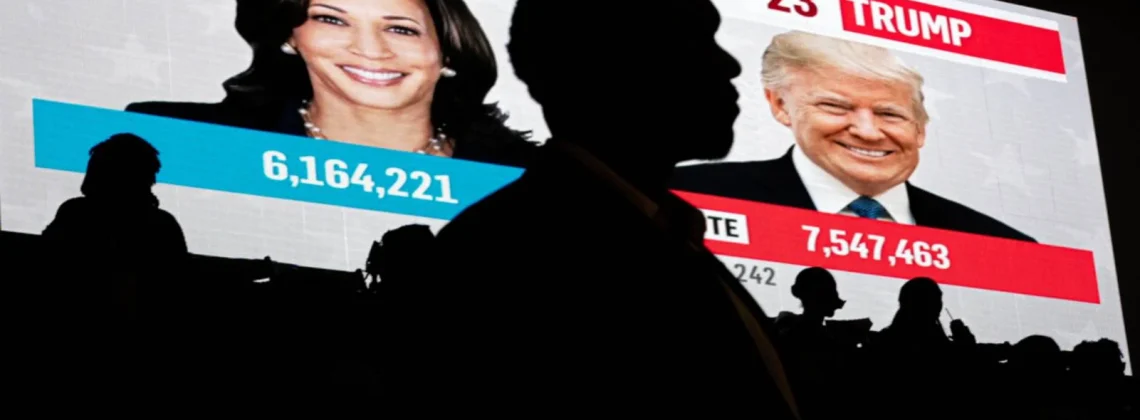

Here is Nick Catoggio at The Dispatch:
Reelecting Donald Trump after January 6 is the greatest dereliction of civic duty by the electorate in the history of the United States. We’ll pay for it in years to come, over and over, sometimes in grotesque ways. Without exaggeration, the country that you and I knew no longer exists.
But humans are vain even in their bleakest moments. So indulge a pundit in his vanity.
My strongest political conviction in middle age is that Americans are contemptible. Not all of them (box checked!), and certainly not always or even often in their personal behavior. But if there’s any theme that ties the last 26 months of this newsletter together, it’s that We the People as a political community are amoral, unserious about governing ourselves, and undeserving of our constitutional bequest. There is no “Trump problem” and there never has been. There’s only a voter problem.
And this:
Americans reelected a man described by his own former advisers as a fascist, having already witnessed how willing he is to abuse presidential power toward fascist ends and understanding that returning him to office will immunize him legally for those abuses. They chose someone who, to quote David Frum, “knowingly promotes hatred and division; who lies—blatantly, shamelessly—every time he appears in public; who plotted to overturn an election in 2020 and, had he not won, was planning to try again in 2024.”
And they did so overwhelmingly. Never in U.S. history has the public chosen leadership this malevolent this decisively. The moral clarity of their decision is crystalline, particularly knowing how Trump will regard his margin as a “mandate” to do his worst. We’ve learned something about America that we didn’t know, or perhaps didn’t believe, and it’ll forever color our individual judgments of who and what we are.
Read the entire piece here.
We live in a democracy, of course. And the people have spoken. As I have now noted many times at this blog, in this election the Democratic Party could not figure out a way to appeal to ordinary Americans–white working class men and women and a significant number of Black men and Hispanics.
It’s easy to blame the voters. And they deserve blame. But we need to find a way forward. Our way forward must acknowledge the economic pain that working-class and middle-class voters are experiencing right now. It must acknowledge the pain and fear that people of color, women and undocumented immigrants are feeling right now. It must acknowledge that we as Americans have profound differences on social issues and must live together with those differences. We also need to think more deeply about why so many people voted against their own economic interests and why they bought into the myth of Christian nationalism.
I agree with Catoggio. I am disgusted by the results of this election. I am especially saddened (and sometimes angry) that so many of my fellow evangelicals voted for such an immoral candidate. This isn’t my first rodeo.
This is a moment for educators to step-up. Educators teach. We also know that the things we teach sometimes fall on hard soil and never take root. Yet education, when done well, has the power to transform hearts and minds. I don’t know if such transformation is possible in our current information and media age, but that doesn’t mean we stop trying.
“Americans reelected a man described by his own former advisers as a fascist.”
Indeed they did and I wish they hadn’t. However–what’s the definition of “fascist”? Maybe you have one, you know it down pat, and you feel confident about it. But get 10 academics together and ask them to define it and you’ll get 7 different definitions and at least 3 admitting they’re not quite sure. I know because I’ve been in many of those conversations, including some just a month or two ago, and they go round and round. Folks certainly have a sense, but it’s not nighly defined, and there’s no consensus.
Given that, how persuasive is it going to be to someone who’s only heard the term in a tenth grade social studies class, didn’t know what it meant then, and doesn’t now? Who only hears you saying you don’t like that other candidate, which is what you always say anyway? And who is affected by–even if not always conscious of the fact–that every minute you’re spending saying “Fascist!” is a minute you’re not spending telling that voter what you will do for them and why they should have confidence you’ll accomplish it?
This article says it well, but I currently have no idea how to respond. I’m devastated but wishing to be courageous and faithful.